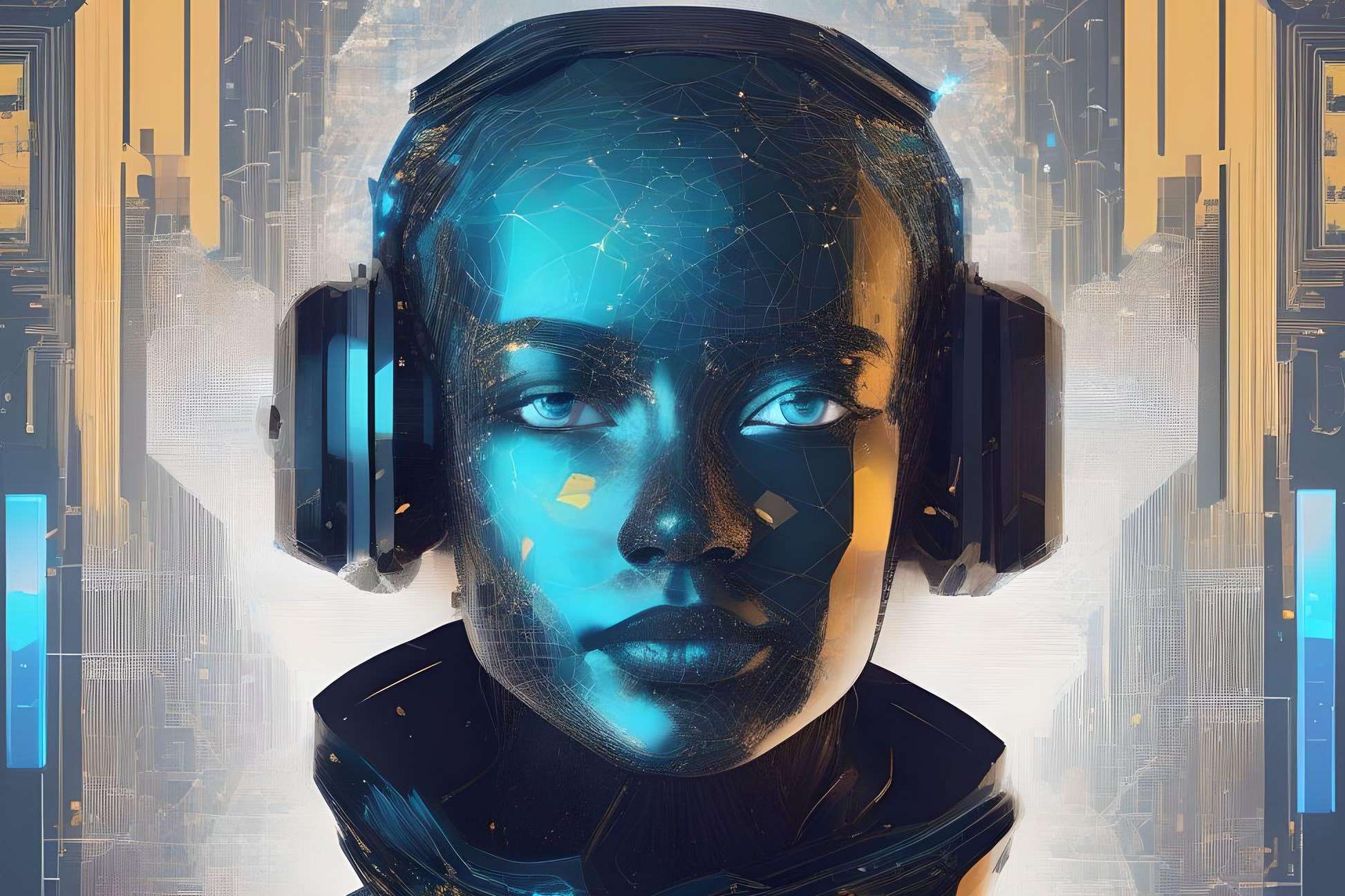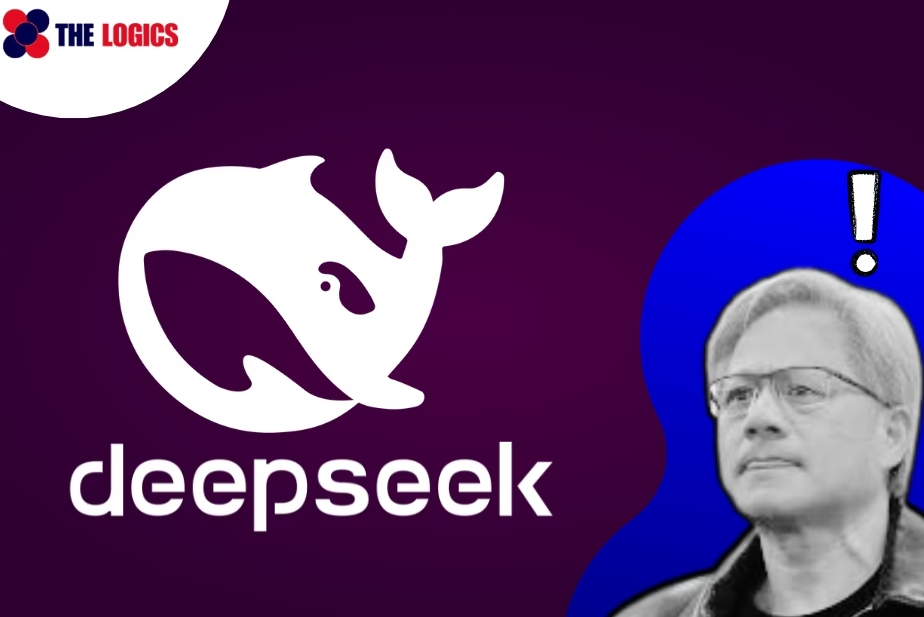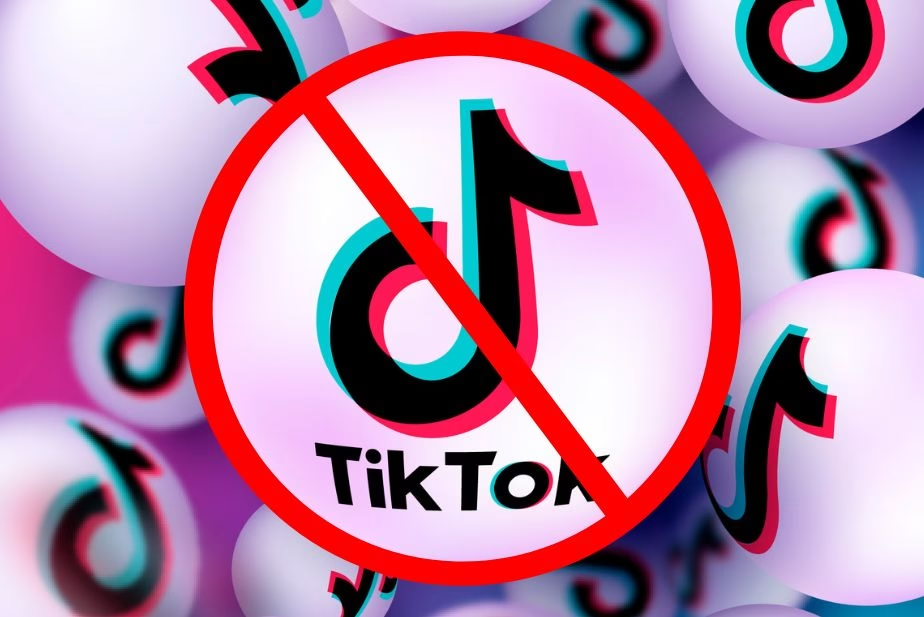The realm of creativity is constantly evolving, and with the emergence of Generative AI (Artificial Intelligence), The artists and developers have a powerful new tool at their fingertips, and the new future has began for them. Generative AI techniques are frequently changes the way we approach creative endeavors, pushing boundaries and igniting a new era of creativity and problem-solving. Now we are going to delves into the world of Generative AI to exploring its techniques, practical applications of real world .
Table of Contents
Demystifying Generative AI: How Does it Work?
At its core, Generative AI refers to a branch of AI that focuses on creating entirely new content, be it images, text formats, musical pieces, or even code. Unlike traditional AI applications that analyze existing data, Generative AI utilizes deep learning algorithms to learn from vast datasets and autonomously generate novel outputs. This process often involves two main approaches:
Deep Learning:
Deep learning algorithms, inspired by the structure of the human brain, consist of artificial neural networks with multiple layers. These networks are trained on massive datasets, allowing them to identify patterns and relationships within the data. This knowledge is then used to generate new content that resembles the training data but with unique variations.
Reinforcement Learning:
This technique involves training an AI model through a system of rewards and penalties. The model iteratively explores different possibilities, and actions leading to desired outcomes are positively reinforced. Over time, the model learns to generate outputs that maximize rewards, enabling it to create increasingly sophisticated content.
One of the most prominent techniques within Generative AI is the Generative Adversarial Network (GAN). A GAN comprises two competing neural networks: a generator and a discriminator. The generator creates new content, while the discriminator attempts to distinguish real data from the generated content. This continuous adversarial process refines both networks, resulting in the generator producing increasingly realistic and creative outputs.
A Palette of Techniques: Unveiling the Power of Generative AI Techniques
The landscape of Generative AI techniques is vast and ever-expanding. Here, we explore some of the most popular techniques and their artistic and development applications:
Variational Autoencoders (VAEs):
VAEs encode data into a latent space, which captures the essential features of the data. This compressed representation can then be manipulated to generate variations on the original data. Artists can use VAEs to create new artistic styles by manipulating the latent space of existing artwork collections. Developers can leverage VAEs to generate variations of existing code or data for testing and optimization purposes.
Style Transfer:
This technique allows you to transfer the artistic style of one image to another. Imagine applying the brushstrokes of Van Gogh to a photograph. Artists can use style transfer to experiment with different visual aesthetics and create unique compositions. Developers can integrate style transfer into applications for photo editing or creating stylized graphics.
Text-to-Image Synthesis:
This technique utilizes text descriptions to generate corresponding images. Artists can leverage this technique to bring their creative visions to life by describing an image in detail and letting the AI generate it. Developers can integrate this functionality into design tools to allow users to create visuals based on textual descriptions.
Generative Pre-trained Transformers (GPTs):
These powerful language models are trained on massive amounts of text data, enabling them to generate realistic and human mimics text formats. it can generate poems, scripts, musical pieces, and computer programming code. Artists can use GPTs to enhance their creativity and solve the problem with new revolutionary approach . Developers can use GPTs to automate tasks like code generation and problem-solving approach. Marketers can use it for marketing purposes like ads copy generation and content creation for and specific product.
Pushing Artistic boundaries: Generative AI Techniques for Artists
The possibilities for artists using Generative AI techniques are boundless. There has some ways artists can leverage this technology:
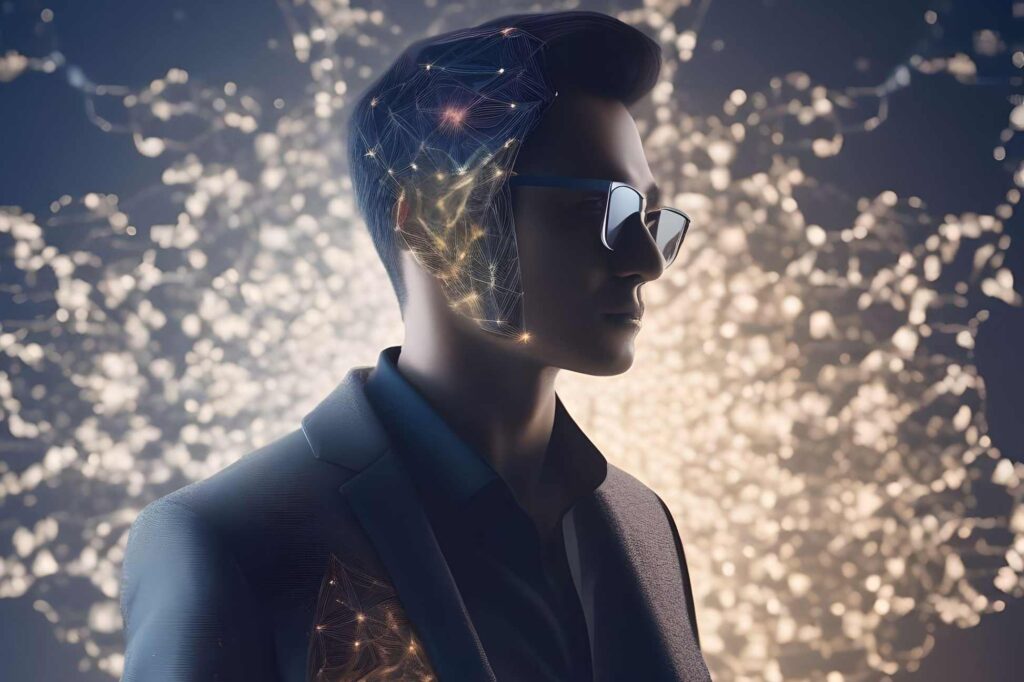

Creating fascinating Artwork
Generative AI techniques can assist artists in creating stunning visuals and graphics. Tools like DeepArt and Artbreeder allow users to generate unique artwork by blending styles and elements from different sources. Now the seekers of creativity and art have new approaches to nailed it.
Example: Deep Dream
Deep Dream, developed by Google, applying neural networks practices to enhance patterns in images, by this tool artists can create dream-like visuals. Artists can use Deep Dream to give extra ordinary shape of any ordinary photo.
Style Transfer
Style transfer is a popular generative AI technique that allows artists to apply the style of one image to another. This can be used to create works that blend the techniques of different artists or combine photographic content with artistic styles.
Example: Prisma
Prisma is a mobile app that uses neural networks to apply art styles from famous paintings to photos. Artists can use Prisma to quickly experiment with different styles and create unique compositions.
Animation and Motion Graphics
Generative AI can automate the creation of animations and motion graphics. Tools like Runway ML enable artists to generate dynamic visuals with minimal manual input, and give users freedom to put his/her efforts and time more creative tasks.
Example: GANimation
GANimation is a GAN-based technique for creating realistic facial animations. Artists can use GANimation to bring characters to life, adding expressive movements and emotions to static images.
Music and Sound Design
Generative AI is also making waves in the world of music and sound design. AI-powered tools can generate melodies, harmonies, and even entire compositions, providing musicians with new sources of inspiration.
Example: OpenAI’s Muse-Net
MuseNet is a deep neural network that can generate music in various styles and genres. Musicians can use MuseNet to explore new musical ideas, collaborate with AI, and produce original compositions.
Think out of the box and solve the problem: Generative AI Techniques in Software Development
The potential of Generative AI we can not estimate. Here are some ways developers can leverage this technology:
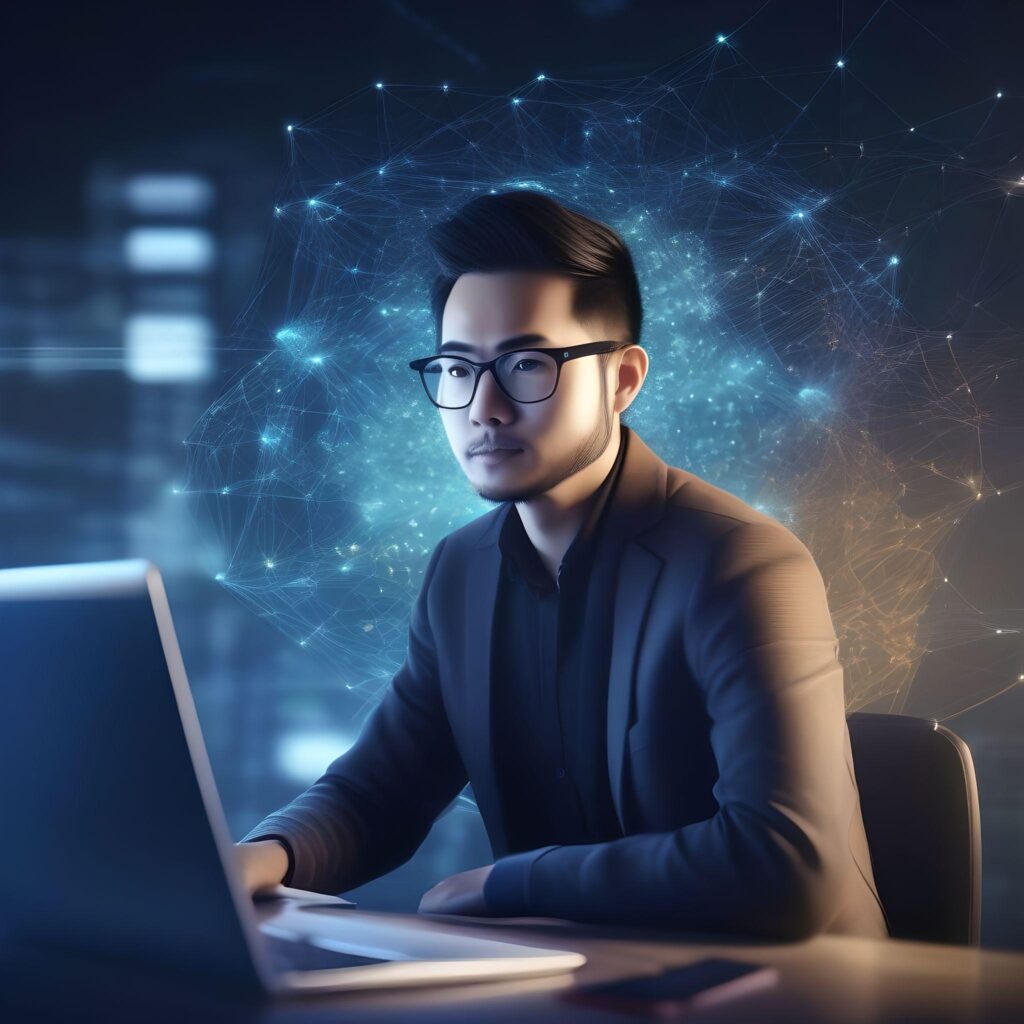

Automated Code Generation:
Generative AI can assist developers in writing code, reducing the time and effort required for programming. Tools like Chat-gpt 3.5, Chat-gpt 4, google bard ai, and microsoft Co-Pilot can generate code snippets based on natural language descriptions, user just have to give the context of their problem or ideas.
Example: GitHub Copilot
GitHub Copilot, powered by OpenAI Codex, is an AI-powered code completion tool that helps developers write code faster. It allowed developer to get code snippet by suggestion, allowing developers to focus on higher-level problem-solving.
Game Development:
Generative AI can automate the creation of game assets, including characters, landscapes, and levels. This can literally reduce the time and efforts , allowing developers to focus on build products more intuitive..
Example: Procedural Content Generation
Procedural content generation (PCG) uses algorithms to create game content automatically. Games like No Man’s Sky use PCG to generate vast, diverse worlds, providing players with unique experiences
Natural Language Processing (NLP)
Generative AI models like GPT-3 can be used to develop advanced NLP applications, including chatbots, language translation, and content creation tools. These applications can enhance user credibility regarding approach the any problem.
Example: AI-Powered Chatbots
AI-powered chatbots, such as those developed using GPT-3, can engage users in natural, human-like conversations. The Businesses can use these chatbots to provide customer support, automate services, and interact with users more effectively and immediately.
Image and Video Synthesis
Developers can use generative AI techniques to create realistic images and videos. This can be applied in various fields like entertainment, marketing, and education.
Example: Deep-fakes
Deep-fakes use GANs to create highly realistic synthetic media. The ethical challenges also attached with that technology. However, they also offer creative possibilities in filmmaking, virtual reality, and other visual media.
Conclusion
Generative AI technique are going to open the door of creativity and problem solving by providing innovative tools and ideas. Now anyone can enhance their credibility and push himself or herself to think out of the box. By understanding the principles and applications of generative AI, we can achieve new milestone of creativity where boundaries doesn’t exist. Whether you are an artist, who is unorthodox and always pushing his boundaries to the search for new creative horizons or a developer seeking to build the next generation intuitive applications, by using generative AI you can achieve it because here is endless possibilities.

